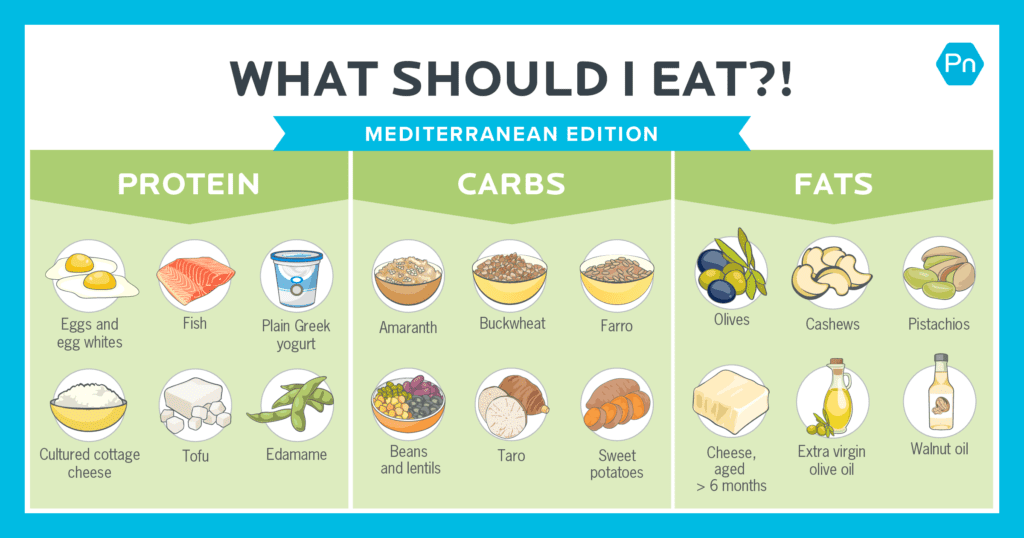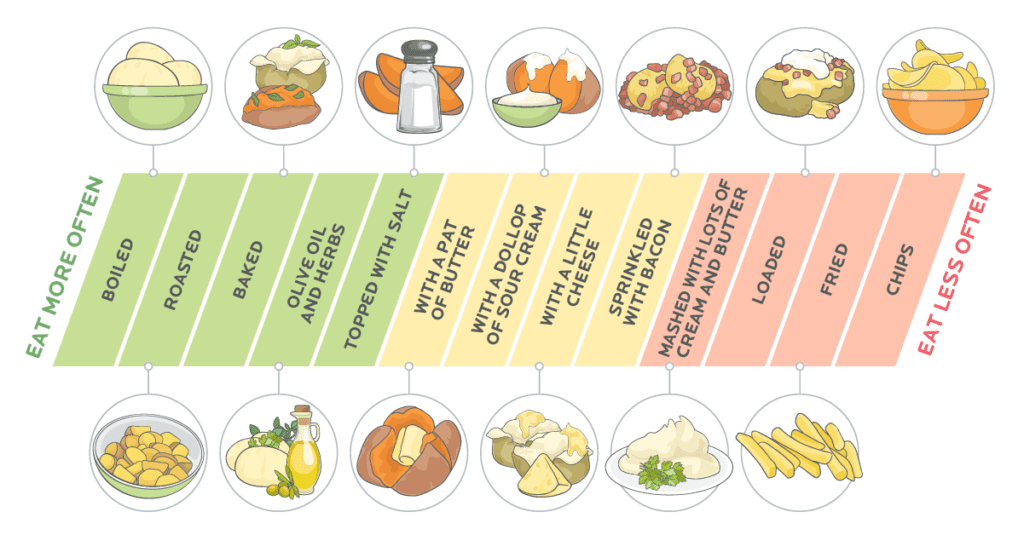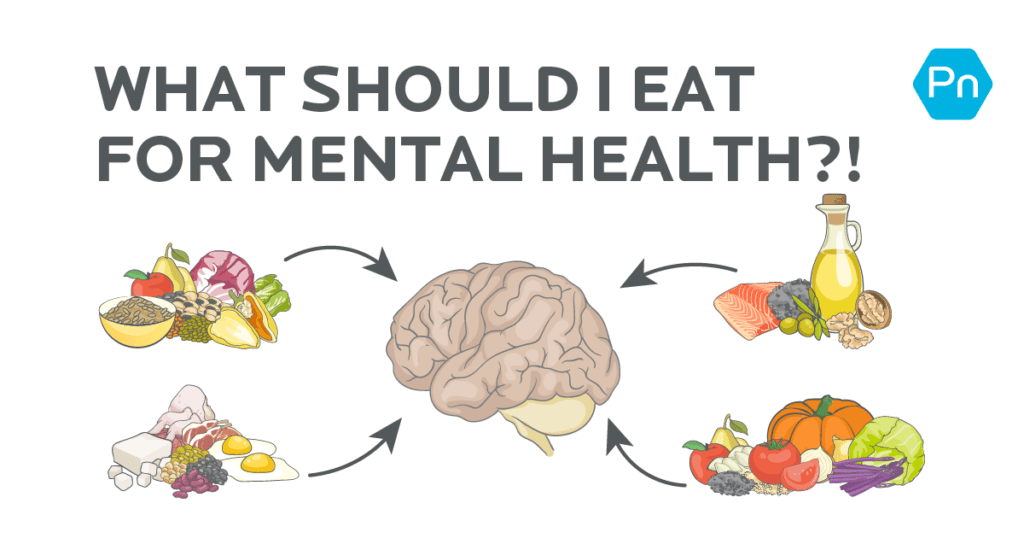By:
TrainCoreFit
03-03-2026

Unlock the secrets to optimal health with our beginner’s guide to navigating the complex world of essential nutrients. #nutrition101
Welcome to the beginner’s guide on understanding and making the most of the nutrients your body needs for optimal health. In this blog post, we will delve into the essentials of exercise, nutrition, and gym planning, offering tips and insights to help you kickstart your health journey. Whether you’re new to the world of fitness or looking to refresh your routine, this guide will provide valuable information to guide you towards a healthier lifestyle.
Exercise plays a crucial role in maintaining a healthy lifestyle. Regular physical activity not only helps in managing weight but also boosts mood, reduces stress, and improves overall well-being. To get started on your fitness journey, consider incorporating a mix of cardio, strength training, and flexibility exercises into your routine. Cardio activities like running, cycling, or dancing can help improve cardiovascular health, while strength training, such as weightlifting or bodyweight exercises, can build muscle and increase metabolism. Flexibility exercises like yoga or stretching can improve mobility and prevent injuries.
Nutrition is the cornerstone of a healthy lifestyle and complements your exercise routine. Aim for a balanced diet that includes a variety of fruits, vegetables, whole grains, lean proteins, and healthy fats. Ensure you stay hydrated by drinking an adequate amount of water throughout the day. Limit processed foods and added sugars, and instead, focus on nutrient-dense foods that fuel your body and promote overall well-being.
Creating a gym plan is essential for staying on track with your fitness goals. Start by setting a schedule that works for your lifestyle and commitments. Choose exercises that target different muscle groups and vary your routine to prevent boredom and plateaus. When selecting a gym, consider factors such as location, equipment availability, and class offerings to ensure a conducive environment for your workouts. Tracking your progress is also crucial in evaluating your performance and making adjustments to your gym plan.

Image courtesy of www.precisionnutrition.com via Google Images
Here’s a sample weekly exercise schedule to give you an idea of how to structure your workouts:
Monday: Cardio workout (30 minutes of running or cycling)
Tuesday: Strength training (focus on arms and core)
Wednesday: Flexibility exercises (yoga or stretching)
Thursday: Cardio workout (interval training or dance class)
Friday: Rest day or light activity (such as a walk or gentle yoga)
Saturday: Full-body strength training
Sunday: Rest day or active recovery (like swimming or hiking)
Planning your meals in advance can help you stay on track with your nutrition goals. Consider creating a weekly meal plan that includes a variety of healthy and balanced meals. Here’s a sample meal plan to get you started:

Image courtesy of www.precisionnutrition.com via Google Images
Breakfast: Oatmeal with berries and a side of Greek yogurt
Lunch: Grilled chicken salad with mixed greens and vinaigrette dressing
Dinner: Baked salmon with quinoa and roasted vegetables
Snacks: Almonds, fruits, or vegetable sticks with hummus
Staying hydrated is essential for overall health and well-being. Make it a habit to drink water throughout the day, especially before and after workouts. Consider adding electrolytes to your water to maintain hydration levels, particularly during intense exercise sessions. Monitoring your water intake and ensuring you drink an adequate amount daily is key to supporting your fitness goals.
While it’s best to get your nutrients from whole foods, supplements can complement your diet and fitness routine. Consider essential vitamins and minerals like vitamin D, magnesium, and omega-3 fatty acids to support overall health. Protein powders can be beneficial for muscle recovery and growth, while pre-workout supplements can boost energy levels before exercise. Post-workout recovery drinks can aid in muscle repair and replenishing energy stores.

Image courtesy of www.precisionnutrition.com via Google Images
Tracking your progress is vital in assessing the effectiveness of your fitness and nutrition plans. Consider using fitness apps, journals, or wearable devices to monitor your workouts, nutrition intake, and overall health goals. Keeping track of your progress can help you stay motivated, identify areas for improvement, and celebrate your achievements along the way.
Congratulations on taking the first step towards a healthier lifestyle by exploring the world of nutrients and fitness. By incorporating exercise, nutrition, and a well-planned gym routine into your daily life, you’re on the path to achieving your health goals and feeling your best. Remember to listen to your body, stay consistent, and make adjustments as needed to support your journey towards optimal health and wellness.
Table of Contents